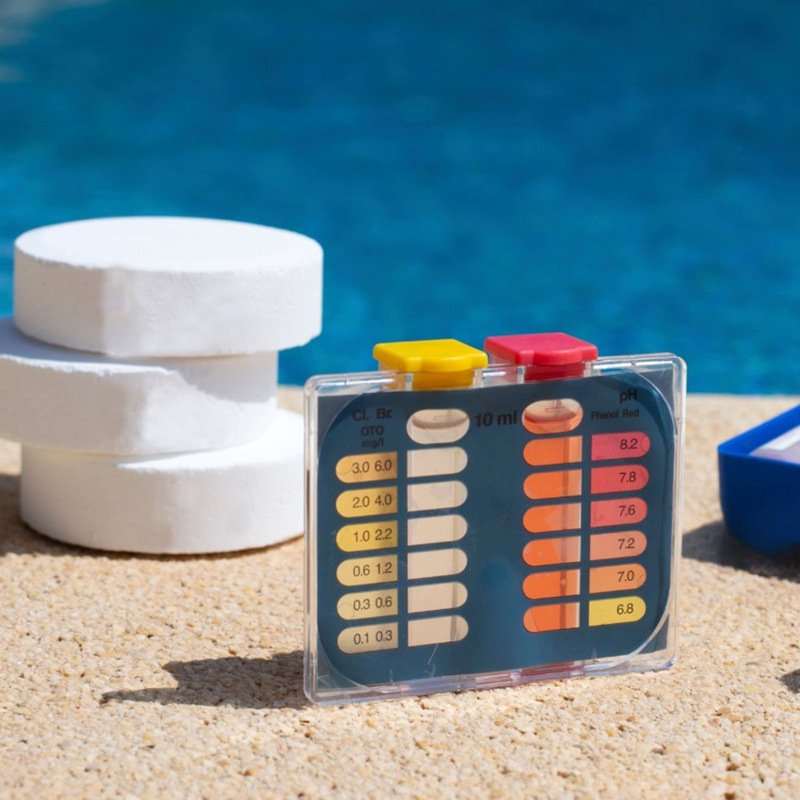Water chlorination is one of the most widely used and trusted methods of water disinfection around the world. From municipal drinking water systems to swimming pools and industrial wastewater treatment, chlorination plays a crucial role in protecting public health.

What Is Water Chlorination?
Water chlorination is the process of adding chlorine-based chemicals to water to kill bacteria, viruses, and other harmful microorganisms. It ensures the water is safe for drinking, swimming, or other uses by eliminating disease-causing pathogens.
How Does Water Chlorination Work?
When chlorine is added to water, it produces hypochlorous acid (HOCl) — a powerful disinfectant that penetrates microbial cell walls and disrupts their internal functions. This process destroys pathogens such as:
-E. coli
-Salmonella
-Cholera bacteria
-Viruses and protozoa
Common Chlorine-Based Disinfectants
At Linpchemical, we offer several high-performance chlorine-based products for different water treatment applications:
1. Trichloroisocyanuric Acid (TCCA)
– Form: Tablets, granules, or powder
– Available chlorine: ~90%
– Applications: Swimming pools, cooling towers, wastewater
– Features:
Long-lasting chlorine release
High stability and low residue
Easy to transport and store
> Ideal for long-term disinfection in warm climates or remote locations.
2. Sodium Dichloroisocyanurate (SDIC)
– Form: Granules or tablets
– Available chlorine: ~56%–60%
– Applications: Drinking water treatment, emergency use, aquaculture
– Features:
Rapid dissolution and quick disinfection
Excellent stability in storage
Broad-spectrum antimicrobial action
> Perfect for emergency disinfection kits or daily use in community water systems.
3. Sodium Hypochlorite (NaClO)
– Form: Liquid
– Available chlorine: ~10%–12%
– Applications: Municipal water plants, industrial cleaning, pipeline disinfection
– Features:
Immediate effectiveness
Easily dosed via pump systems
Cost-effective for large-scale operations
> The go-to solution for high-volume water treatment and sanitation.
Important Considerations
Monitor pH levels: Chlorine is most effective in slightly acidic to neutral water (pH 6.5–7.5).
Avoid over-chlorination: Maintain proper dosage to prevent taste/odor problems.
Store safely: Keep chlorine products in a cool, dry, and well-ventilated place.
Choose the Right Chlorine Product for Your Needs
Whether you’re managing a swimming pool, treating drinking water in a community, or maintaining hygiene in an industrial setting, TCCA, SDIC, and Sodium Hypochlorite are proven solutions.
At Linpchemical, we supply high-quality water treatment chemicals tailored for your local water conditions and regulatory standards.
Contact us today to request a free quote or product sample!

